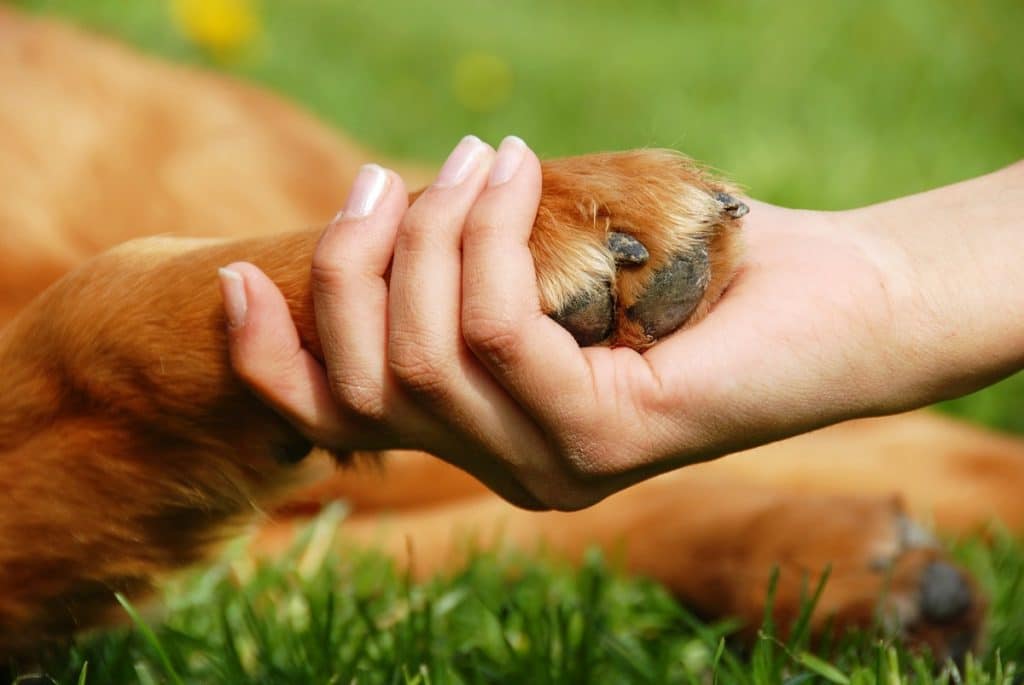
Ethology is a branch of biology that studies from a scientific point of view the behavior and the behavior of animals. In this way, it could be said that an ethologist is nothing more than an animal psychologist, who investigates and studies, among other things, their fears or phobias.
If you are an animal lover and are attracted to their behaviors and behaviors, You may be interested in knowing much more about etymology.
What is the role of an ethologist
Ethology is the science that studies the behavior of animals. It is nothing more than a kind of psychology applied to the animals themselves. The function of an ethologist is none other than to resolve an inappropriate behavior or conduct of a certain animal.
Many people often confuse the term ethologist with that of trainer. These are two different concepts, although they can be complemented. In the case of the ethologist, he is going to make a certain diagnosis in order to solve the animal's problem. On the contrary, the trainer is going to be in charge of modifying the behavior of certain animals.
It should be noted that within ethology there is a branch that receives the name of clinical ethology. It is a specialty within veterinary medicine that studies the conduct and behavior of domestic animals. In this way, if a dog or a cat manifests some kind of fear or phobia, an ethologist will treat it.

What requirements must be met to be an ethologist
In Spain, the title of ethologist is usually acquired through different courses or masters. The normal thing is to have studied veterinary medicine or biology and from there specialize in the branch of ethology.
In any case, anyone who is in love with the animal world and who has an interest in its behavior, he can become an ethologist. It is important to remember that ethology studies the behavior of all types of animals such as domestic or farm animals.
To be a good ethologist it is important to meet a series of characteristics such as:
- Be a good animal lover.
- Patience is important, since sometimes making a proper and accurate diagnosis requires time.
- The person must be good at communicating both in writing and orally. The reports made must be clear and concise.
- The psychological aspect is key since the ethologist must know how to analyze how the animal in question behaves.

Work methodology of an ethologist
In relation to the way of working of an ethologist, It should be noted that it will consist of observing and developing various hypotheses before certain inappropriate behaviors of animals. From there, it will put these tests into practice to solve such problems. This methodology follows four points:
- First of all, the ethologist he is going to ask about the cause that has led the animal in question to behave that way.
- The second point is to ask yourself on the function that the conduct or behavior has in the animal.
- The third point is to ask if the behavior in question is due to an experience during the first months of life or if the opposite has occurred due to some external factor such as the human being. Namely, the ethologist must look for the origin of such behavior.
- In the last point, the ethologist will investigate the moment in which said behavior occurred and how it has evolved in this species.

Clinical ethology
This type of ethology is the most common and popular today. It includes the prevention, as well as the diagnosis and treatment of certain behaviors of domestic animals. It is a type of inappropriate behavior since it harms people or the animal itself. An example of this could be the barking of a dog or the fact that a cat urinates in different areas of the house. It is the ethologist's job to put an end to such behavior and find an adequate solution to the problem.